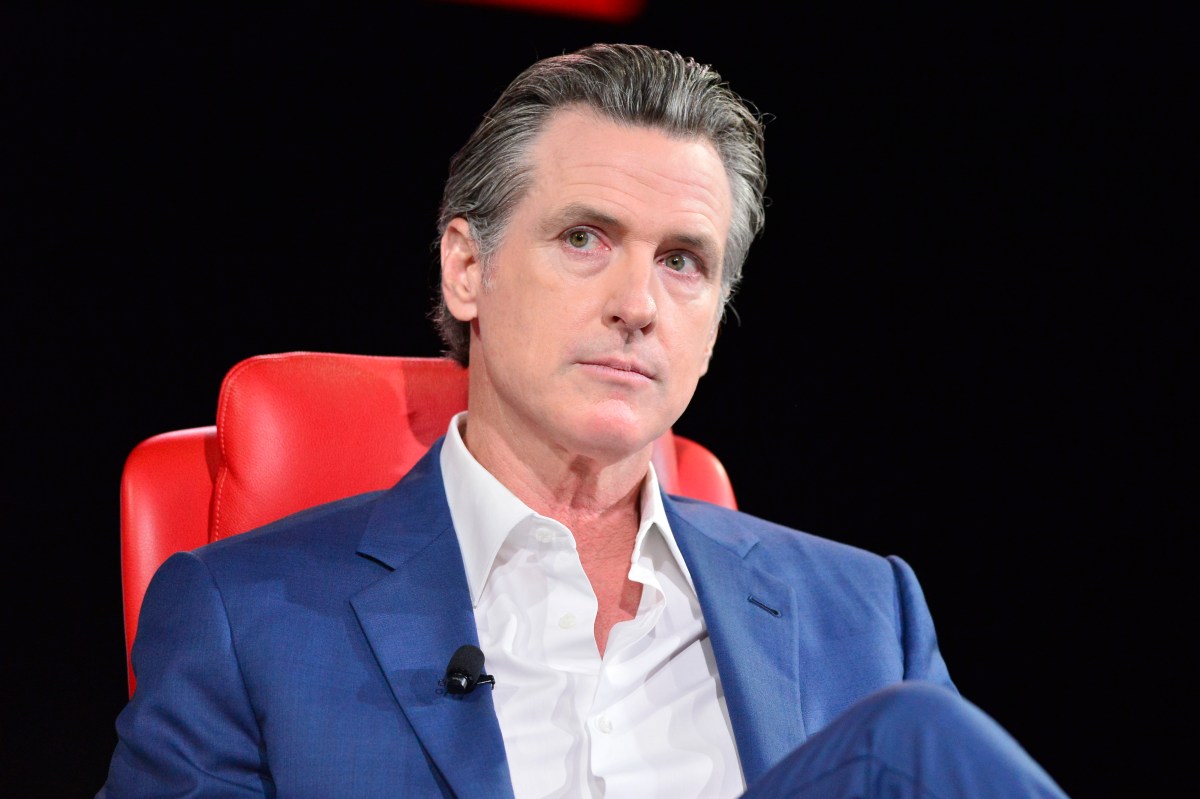California Senate Passes AI Safety Bill SB 53, Heading to Governor's Desk

Key Points
- California Senate approves SB 53, imposing new AI safety transparency rules.
- Bill creates whistleblower protections and a public cloud (CalCompute) for compute access.
- Reporting requirements differ for companies above or below $500 million in annual revenue.
- Governor Gavin Newsom must now sign or veto the legislation.
- OpenAI argues for compliance based on federal or European standards.
- Anthropic supports SB 53 as a solid governance blueprint.
- Andreessen Horowitz warns the bill may conflict with constitutional commerce limits.
- Industry opposition includes several Silicon Valley firms and venture‑capital groups.
The California state senate gave final approval to SB 53, a major AI safety bill that imposes new transparency requirements on large AI labs, establishes whistleblower protections, and creates a public cloud to expand compute access. The legislation now moves to Governor Gavin Newsom for signing or veto. While some tech firms and venture groups have opposed the bill, others like Anthropic support it as a solid governance blueprint. The bill differentiates reporting obligations based on a $500 million revenue threshold, and has drawn criticism from industry leaders who warn of constitutional and commerce concerns.
Bill Overview
The California Senate approved SB 53, an AI safety bill that requires large AI laboratories to be transparent about their safety protocols, creates whistleblower protections for employees at AI labs, and establishes a public cloud to broaden compute access, known as CalCompute. The bill distinguishes reporting requirements based on annual revenue: companies with less than $500 million in revenue must disclose high‑level safety details, while those above that threshold must provide more detailed reports.
Political Context
SB 53 now proceeds to Governor Gavin Newsom, who previously vetoed a broader AI safety bill authored by the same senator, Scott Wiener, but signed narrower legislation targeting deepfakes. Newsom has acknowledged the need to protect the public from real threats posed by AI while criticizing earlier proposals for imposing stringent standards regardless of deployment context. The current bill reflects recommendations from a policy panel of AI experts convened by Newsom after his prior veto.
Industry Reactions
The bill has faced opposition from several Silicon Valley companies, venture‑capital firms, and lobbying groups. OpenAI, in a recent letter, argued that companies should be deemed compliant with state safety rules if they meet federal or European standards, avoiding duplication and inconsistencies. Anthropic welcomed the bill, stating it provides a solid governance blueprint in the absence of federal standards. Conversely, Andreessen Horowitz’s head of AI policy and chief legal officer warned that state AI bills like SB 53 risk violating constitutional limits on interstate commerce, echoing broader industry concerns about state‑level regulation.
Potential Impact
If signed, SB 53 would set a precedent for state‑level AI governance, potentially influencing other jurisdictions. Critics fear it could create legal challenges related to commerce and constitutional authority, while supporters view it as a necessary step toward ensuring AI safety and transparency. The bill’s tiered reporting structure aims to balance regulatory burden with the need for oversight, particularly for the largest AI developers.